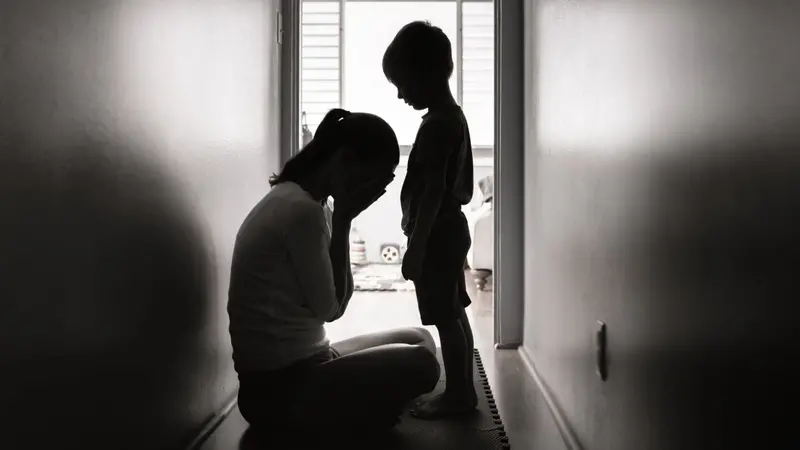

Chronic Conditions and Diseases

Chronic Conditions and Diseases
Does Your Mental Health Impact Your Kids?
Maternal depression is a known risk factor for depression in children and is associated with a range of adverse child health and educational outcomes, including poorer academic attainment. However, the influence of paternal depression has been less well examined. According to a new study, children who live with a mother or father (or stable, adult male figure in the same household) who has depression are more likely to develop depression and not achieve educational milestones.
Information on children born in Wales from 1987 to 2018, as well as their parents, was used in the study. The timing of exposure to parental depression (e.g., before the child was born and in the lifetime of the child), as well outcomes for the child including incidence of child depression and poor educational attainment, was also examined.
The risk of a child developing depression was highly correlated to whether the child's parent(s) has or had depression. The researchers found that living with a parent with depression is detrimental to a child’s outcome but having a parent who has had a history of depression, even prior to the birth, increases the risk of depression and lowers the educational attainment of the child.
The highest level of childhood depression risk were associated with exposure to a mother who had depression both before and after the birth of the child. The risk of failing school exams was highest where the child was exposed to either a mother or father (or other stable male figure) with a history of depression both before and after the child's birth. These results suggest that exposure to a chronically depressed parent(s) is important in determining if the child will develop depression and have trouble with school work.
Other factors identified in the study include:
- Having no father figure in the child's life resulted in a higher risk of childhood depression and poorer results in school
- Having a father with depression was associated with poorer results in school
- Having a mother with depression had a greater impact on whether a child is diagnosed with depression than having just a father with depression
- Moving away from difficult situations (e.g., moving to a different house) lowered the depression risk
Depression is an issue that impacts the whole family—not just an individual. Taking a whole-family approach to addressing mental health will help ensure positive outcomes for both parents and children in the long term. Successfully addressing depression in a parent will also address wellbeing and potential depression in the child. Many health systems focus on mothers and children, but involving fathers (whether biological or not) is important to improving the mental health and educational outcomes for children exposed to a depressed parent(s).
REFERENCES
Brophy, S., et. al. (2021, November 17). Timing of parental depression on risk of child depression and poor educational outcomes: a population based routine data cohort study from Born in Wales UK. https://doi.org/10.1371/journal.pone.0258966


 By
By







